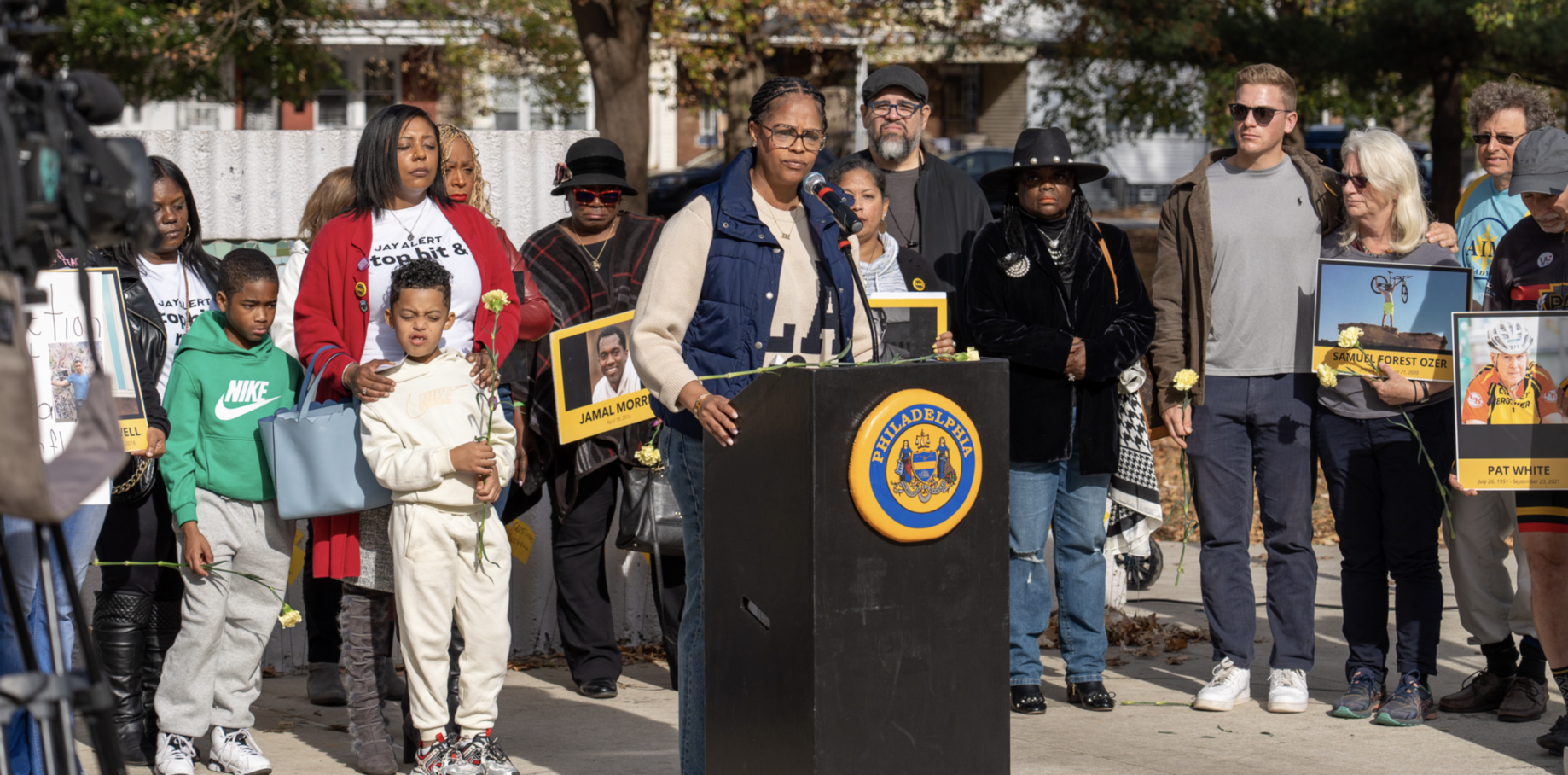Fashion
Suspect in Fashion Island killing dodged prison time for similar armed robbery in Santa Monica

The suspected leader of a crew accused of killing a New Zealand tourist at the Fashion Island mall previously dodged prison time for an armed robbery in Los Angeles County but now finds himself, along with his alleged accomplices, facing the possibility of spending the rest of his life behind bars.
Leroy McCrary — who along with Malachi Darnell and Jaden Cunningham is charged with the killing of 68-year-old Patricia McKay — previously was convicted in Los Angeles County of residential burglary and making criminal threats. But it is a 2022 armed robbery he pleaded no contest to in Santa Monica that has drawn comparisons to the deadly Fashion Island attack earlier this month.
Just after 4:30 p.m. on Sept. 25, 2022, two men with handguns confronted a man in the 200 Block of Broadway and demanded his Rolex watch. They then fled with the timepiece in a waiting getaway vehicle. In January 2023, Santa Monica detectives arrested McCrary. DNA found on the victim’s shirt helped investigators tie McCrary to the robbery, Santa Monica police Lt. Erika Aklufi confirmed.
Los Angels prosecutors reached a plea deal with McCrary, who pleaded no contest to robbery, according to court records. Superior Court Judge Cathryn Brougham placed McCrary on two years’ probation, but suspended his three-year prison sentence. As a result, the only time McCrary spent in lockup related to the Santa Monica crime was the five days he spent in county jail following his arrest, court records show.
Orange County leaders have pointed out the similarities between the Santa Monica robbery and the one at Fashion Island, which allegedly included Darnell and Cunningham — at least one of whom prosecutors say was armed — demanding McKay’s husband give them his watch, and the would-be robbers jumping into a getaway vehicle with McCrary, the suspected driver, allegedly running McKay over and dragging her body.
Newport Beach Mayor Will O’Neill told reporters after the arraignment of the Fashion Island defendants that it sounded “a whole lot” like the Santa Monica robbery. The mayor noted that by the time McCrary is scheduled to return to court on Aug. 1 he will have spent four times as long behind bars in Orange County as he did in connection with the armed robbery in Los Angeles County.
In reaction to the Fashion Island killing, Orange County District Attorney Todd Spitzer — a frequent critic of LA County’s top prosecutor, George Gascon — has criticized state leaders for backing what he characterized as “soft-on-crime policies” that “encourage criminality while sacrificing public safety.”
But in explaining the outcome of the Santa Monica robbery prosecution, Los Angeles County District Attorney’s Office officials say their case against McCrary ran into “significant problems with proof.”
Witnesses were unable to identify a robbery suspect who was masked and wearing a hoodie, Los Angeles DA officials wrote in a statement. Similarly, available surveillance video was unable to capture the suspect’s unconcealed face, DA officials said.
A confirmatory test of the shirt where police say McCrary’s DNA was found had not been completed at the time of McCrary’s plea, DA officials said, and the preliminary test results were not admissible in court.
“Since the identity of the suspect could not be proven without it, our team was concerned that the case would not survive a preliminary hearing,” Los Angeles DA officials said, referencing the hearing at which a judge decides if there is enough evidence for the case to go to trial.
According to the DA’s statement, the prosecution management team at the Airport Courthouse in Los Angeles authorized a plea offer that “allowed the judge to place Mr. McCrary on probation with a suspended state prison sentence and a second-strike conviction.”
“The suspect’s alleged conduct in Orange County is reprehensible and we stand ready to support the prosecution if needed,” the LA DA’s office added in their statement. “The District Attorney’s Office supports the hard work of police officers who gathered evidence in the matter, but our prosecutors were limited to the evidence they had at the time the plea was entered.”
The defense attorney who represented McCrary in the Santa Monica robbery case did not respond to a request for comment.
In the Orange County case, prosecutors are now alleging that McCrary and his alleged accomplices killed McKay in the midst of a robbery. That, Orange County prosecutors argue, would make it a special circumstances murder for all three suspects, giving them the option to pursue either life in prison without the possibility of parole or the death penalty.
After McKay’s husband refused to hand over his watch, prosecutors allege, Cunningham grabbed a shopping bag his wife was holding, in the process knocking her to the ground and dragging her into the street. Darnell is accused of firing a gunshot at a Good Samaritan who prosecutors say was trying to stop Cunningham from escaping.
It was McCrary, prosecutors allege, who was driving the Toyota Camry that ran over McKay and dragged her for 65 feet.
Prosecutors will have to prove that despite their different actions all three men were responsible for the killing.
State law, under the Felony Murder Law, used to allow what was known as a “natural and probable consequence” argument in which all those who took part in a crime in which a death occurred could face the same charges as the actual killer. Lawmakers have since raised the bar, requiring that there be some evidence the others were aware of the killer’s intent or had a direct involvement in the actual slaying.
But Lawrence Rosenthal, a Chapman University law professor and a former federal prosecutor, argued that based on the information released by the DA so far the Felony Murder Law wouldn’t be applicable to the Fashion Island attempted robbery, since the professor argued the killing happened “in the course of fleeing” after “the robbery was over.”
As a result, Rosenthal said he believed the case was overcharged, and should have been pursued as second-degree murder rather than first-degree, special-circumstances murder. A second-degree murder case would likely have been based on an “implied malice” theory that the defendants knew what they were doing was dangerous to human life but did it anyway.
A second-degree murder conviction carries with it a 15 years to life sentence, and Rosenthal noted the men also face sentencing enhancements and other charges that would mean lengthy sentences even without a special circumstances murder conviction.
“This is an example of why California prisons pay billions of dollars in order to incarcerate and treat elderly prisoners,” Rosenthal said. “It is hard to understand this as anything other than overcharging in order to force a judge or a jury to do the right thing and reduce it to second-degree (murder).”
Rosenthal acknowledged that the typical juror, based on what the DA Office has released so far, would likely be “quick to convict.”
“The typical jury doesn’t like it when people flee at high speeds in a vehicle when so many people are around,” Rosenthal said.
McCrary, Darnell and Cunningham have not yet entered pleas. During their arraignment last week, McCrary had not yet been assigned an attorney. Attorneys for the other two men have not publicly commented on the case.
Originally Published:










